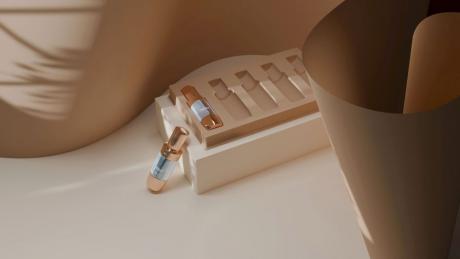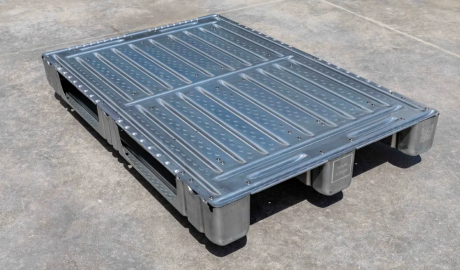Researchers at the Department of Plant and Environmental Sciences at the University of Copenhagen have discovered a new starch-based material that decomposes in just two months and can also be used for food packaging.
We have developed a new type of bioplastic that is more water-resistant than the current ones. At the same time, our material is 100% biodegradable and can be converted into compost,
explained Professor Andreas Blennow from the Department of Plant and Environmental Sciences.
Bioplastics already exist, but the name is misleading. Although today's bioplastics are made from materials of biological origin, only a limited proportion is actually degradable, and only under special conditions. I think the name is inappropriate because the most common types of bioplastics do not decompose easily. The process can take many years. Special facilities are needed to break down bioplastics. And even then, only a very limited amount can be recycled, while the rest ends up as waste,
explained the researcher.
The new material is a biocomposite, composed of different substances that decompose naturally. Its main components, amylose and cellulose, are found throughout the plant kingdom. Amylose is extracted from many crops, including corn, potatoes, wheat and barley.
Together with researchers from the University of Aarhus, the research team set up a spin-off company to develop a variety of barley that produces pure amylose in its grains and a nanocellulose derived from waste from the local sugar industry.
Amylose and cellulose form long and strong molecular chains. By combining them, we have created a durable and flexible material that can be used for shopping bags and packaging,
continued Andreas Blennow.
The new biomaterial is produced by dissolving raw materials in water and mixing them together or heating them under pressure. This creates small 'pellets' or chips that can be processed and compressed into the desired shape.
So far, the researchers have only produced prototypes in the laboratory. But according to Professor Blennow, it would be relatively easy to start production in Denmark and many other places around the world.
The entire production chain for amylose-rich starch already exists. In fact, millions of tons of pure potato and corn starch are produced every year for use in the food and other industries. Easy access to these ingredients is therefore guaranteed for the large-scale production of this material.









